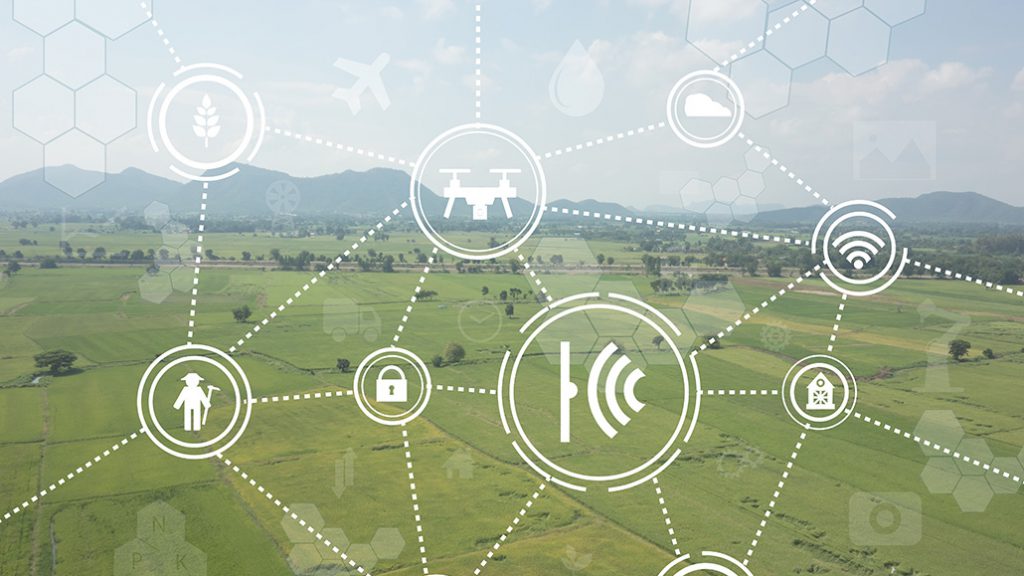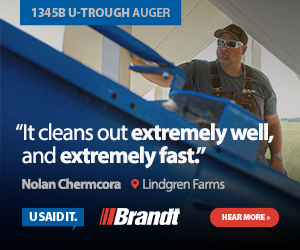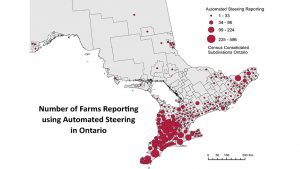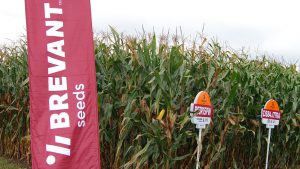Always read the data contract
NEW TECHNOLOGY’S LEGAL ISSUES

FARMERS ARE INCREASINGLY trying to improve productivity and profitability with farm management software systems. Those systems generate vast quantities of data about the farms on which they’re used, however, who owns and has rights to that data is unclear.
This ambiguity makes many people nervous — and rightfully so. According to ag-data experts, ownership ambiguity can have real-world consequences at the farm level.
“There are companies out there that say, ‘yes, you own the data,’ but when you read the agreements you find out that they have an unlimited license […] They own it from the standpoint that they can do whatever they want with it,” says Todd Janzen, an American agricultural attorney and the administrator for the Ag Data Transparent project, a United States non-profit effort to bring transparency to contracts between farmers and technology providers.
During a presentation to ag-data researchers and software developers in Houston Texas, Janzen explained how data is not a material thing, and the concept of data ownership is therefore very different from owning a house or a car. The lack of a creative element also means ag-data does not fit with intellectual property classifications — specifically as a patent, trademark, or copyright. Ag-data more closely matches the definition of “trade secret” — information that derives economic value because it’s not generally known to the public — but even that, comes with difficulties and has yet to be solidly determined.
In the overall case of the United States, therefore, Janzen says farmers do not own their data under current law. According to Karen Hand, researcher in applied biostatistics and research director for the University of Guelph’s Food from Thought program — an initiative focused on using big data to benefit agriculture and biodiversity — the same reality applies to Canadian farmers.
OWNERSHIP AND CONTROL
Janzen’s presentation provided examples where ambiguity over ownership and control could cause potential problems. In a divorce, for example, one party might want access to data to determine the value of farm assets. If an ag-data software company is sold, the data housed under its otherwise proprietary system merges with that of the buyer — whether the new owner has similar data-ownership agreements or not. Depending on who paid for access to a given software system and how individuals would like to use generated information, conflicts could also arise between landlords, tenants, and custom applicators.
On top of that, Hand says statutes and other regulations that could protect farmer data, like those which protect personal and financial information, do not exist in North America. In the European Union a “code of conduct” for ag-data promotes the transparent and fair sharing of farm information, but such a thing does not exist here.
“We want to have a resilient system before there’s a problem […] sharing data is still important on the aggregate scale, we just need to do it in a responsible manner,” she says. “I’m not even sure if regulations are the way to go. What we need is good practices of data stewardship and I’m not entirely sure that regulations can provide that oversight.”
She adds the current proprietary nature of data-systems means the open sharing of data — which could be invaluable for, say, disease outbreak response or traceability in trade disagreements — is very difficult. The potential to overregulate data ownership could, she says, further stifle information flow.
If regulations do come to Canada and the United States, Janzen believes there may be opportunities to link medical and financial data — which are already protected — with ag data.
“In Europe the general data protection regulation doesn’t specifically apply to ag-data, but it could if the ag-data is linked with personal information, which it is in many systems,” he says.
Another option — and the one currently in use across much of the western world — is industry self-regulation.
“Most of the contracts that are still kind of messy […] they’re not easy for farmers to actually read. At the end of the day, if we did nothing the free market will sort itself out. If nobody really cares about the ownership issues, we will see that in the marketplace,” Janzen says.
Regardless, both Janzen and Hand reiterate ag-data sits squarely between the extremes of openly accessible information — like that available on social media — and highly protected medical and financial information.
“It’s really easy to click a box to sign up for a platform and make your life easier. The implications in accessing your data, the format, we have to be aware of these issues,” Hand says. •




























